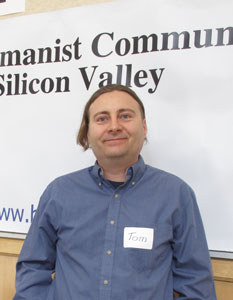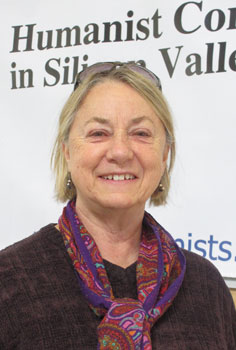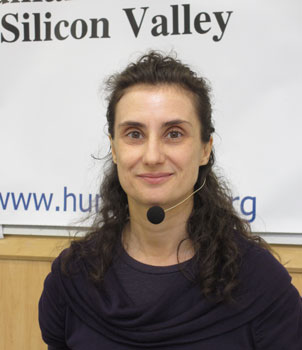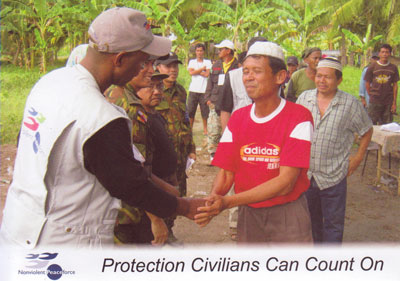Planned Parenthood’s Teen Success Program
March 10, 2013
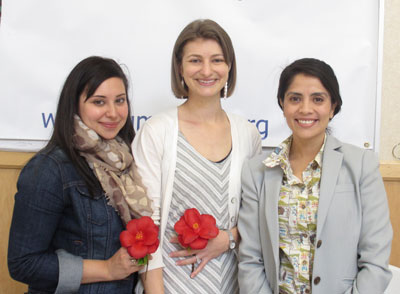
Lupe Rodriguez, Director of Public Affairs, and Katrina Slater, Teen Success Replication Specialist, will discuss Teen Success, a program of Planned Parenthood Mar Monte. Teen Success serves pregnant and parenting teens through weekly support group meetings and encourages teens to maintain their family size, complete their education, and develop future goals. Additional information about the program was provided by Denise Berumen. You can view the slides from the presentation here. You can also view the video here.
Planned Parenthood Mar Monte covers Northern and Central California and Northern Nevada. They have 36 health centers offering, to over 250,000 patients a year, pediatric and primary health care in addition to reproductive health care and education for both parents and teen-agers.
For an overview of this amazingly successful Teen Success program click here. There are also excellent reviews of actual successes at the following links:
- http://www.mercedsunstar.com/2012/06/25/2396347/merced-college-teen-mom-awarded.html,
- http://www.appeal-democrat.com/articles/garnica-117316-teen-success.html,
- http://www.vidaenelvalle.com/2012/07/03/1252846/teen-moms-earn-college-scholarships.html.
Planned Parenthood Mar Monte covers Northern and Central California and Northern Nevada. They have 36 health centers offering, to over 250,000 patients a year, pediatric and primary health care in addition to reproductive health care and education for both parents and teen-agers. Their donation page is: http://www.plannedparenthood.org/mar-monte/donate-locally-32580.htm.
You can view more informati0n about the International Planned Parenthood Federation at: http://ippf.org/, or the Planned Parenthood Federation of America at: http://www.plannedparenthood.org/.
Humanist Community Forum (2013-03-10): Planned Parenthood Teen Success Program from Humanist Community-SiliconValley on Vimeo.

